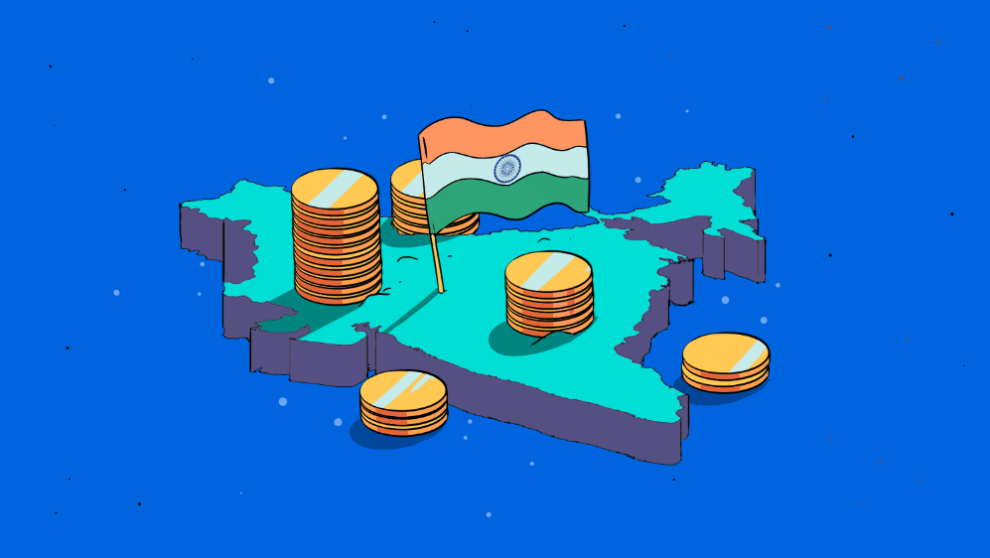This year, Y Combinator had two stops on its trek to find the next big startup: Mountain View and Bengaluru (also known as Bangalore).
As the famed early-stage accelerator ups the amount of startups it invests in each year, India has become a focus. In this summer’s batch, 12 startups were from India, compared to five from the same time period a year prior. Applications to the accelerator from India increased by 50 percent, too.

Adora Cheung, a partner at YC and the previous founder of Homejoy, even lived in India for a month prior to the pitch day to “get a sense of what the Indian consumer was like.” Then, Cheung and three other YC partners conducted 140 interviews with Indian startups from Meesho’s headquarters, a YC alum backed by Facebook. About 8 percent of those startups were accepted.
Before we learn more about those startups, here’s a teaser for you: Cheung told me that India, like China, was previously known to “copy cat things that worked in the U.S.”
“But now they’re distinctly not doing that, they’re coming out with these big products,” she said during a phone call Wednesday.
Now, onto the big products.
The WhatsApp Wave
During YC Demo Day, a few founders cited WhatsApp as part of their business strategy, specifically its growth and influence within India.
Vahan wants to leverage WhatsApp to match low-skilled and skilled workers with on-demand companies that need labor. Madhav Krishna, the founder of the company, said WhatsApp has 400 million users in India, and 96 percent of smartphone users in the region use WhatsApp.

Cheung said that she always tells startups to “take advantage of what [is] in front of them.” Since WhatsApp is allowing people to build atop them right now, now is the time to leverage the platform for customer acquisition, she added.
In some ways, it’s a gamble. Building your startup atop a social media platform is risky. At any given time, the company can stop sharing access to its API. It could, in theory, kill your business on a whim and get away with it. The concept isn’t crazy: Facebook did it, and Google’s “API lockdown” also impacted competitors.
But Krishna assured me that he’s working with WhatsApp “pretty closely” to secure a solid relationship. If not, the 12 million on-demand workers, and 320 low-skilled workers, could lose the app.
Digi-Prex also said during its presentation that it would acquire customers through WhatsApp to build out its online pharmacy in India, citing the messaging app’s prominence in the area.
Cheung said she thinks we’re going to see a “flood of really big startups built on top of WhatsApp” but that startups need to not be reliant on just one platform. Diversification equals protection.
The Indian Consumer
One surprise from pitch day in Bangalore, according to Cheung, was that Indian startups were straying from a once-normal stereotype: Global SaaS companies.
“They’re building for the Indian consumer,” she said.
Take MyPetrolPump, for example. The company is connecting gas stations to truck drivers, and delivers fuel directly to customers. CEO Ashish Gupta told me that he is offering an app to truck drivers that allows them to request gas delivery. There’s a live dashboard at their fingertips, he said. Plus, Gupta said, MyPetrolPump is helping everyone avoid fuel theft.
“Fuel theft happens here,” he told me. “You’ll find that drivers collude with operators of gas stations in India.” MyPetrolPump managing that transaction will help create balance, he hopes. The company raised $1.6 million last month from Y Combinator and Venture Highway. Now, Gupta said he is working to raise a $10 million Series A round.
Subscribe to the Crunchbase Daily
Another consumer-friendly startup is Khabri. It wants to make podcasts more accessible and understandable to people around India. On stage during Demo Day, a co-founder said that half a billion people are coming online in India—but there is no podcast platform that works well there.
“Spotify has no traction, and the only available audio content is on YouTube, which gives broken audio,” the company said. So, they’re working with 2,500 creators to bring audio in every Indian language to the populace.
And with that we’ll step back and take a balcony view of YC’s tagline: “Make something people want.” It seems from this recent crop of startups, that’s exactly what India’s entrepreneurs have been doing.
Illustration Credit: Li-Anne Dias

Stay up to date with recent funding rounds, acquisitions, and more with the Crunchbase Daily.












67.1K Followers